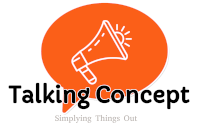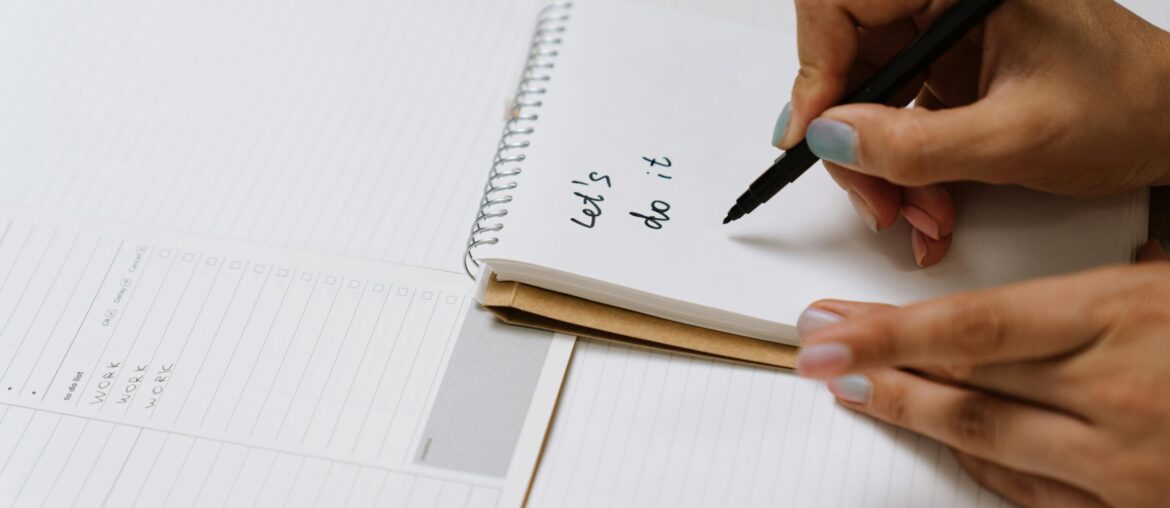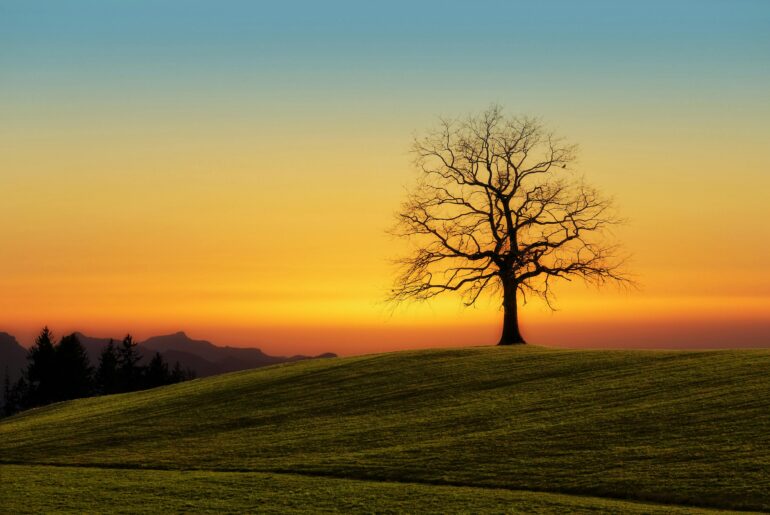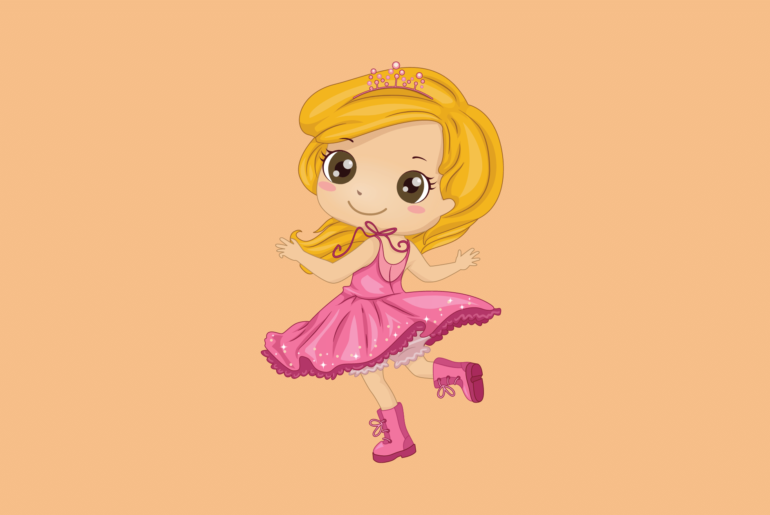Have you ever found yourself staring blankly at the wall, wondering what to do when you have nothing to do? In short, what are you going to do in your free time?
Well, we all have those rare moments when we find ourselves with absolutely nothing to do. Rare I said because busyness is the new trend these days. And the busier people are, the more they take pride in leading a busy life. Well, that’s not the point here. The point here is how you utilize or waste your free time. Maybe you’ve already finished binge-watching your favorite TV show, or scrolling through social media until your eyes hurt. Sometimes that feeling of being unoccupied comes because of a slow day at work, while other times it’s due to a lack of plans or just a lazy afternoon at home.
Whatever the reason may be, having nothing to do can feel different. Isn’t it? You know the feeling, where you’re twiddling your thumbs, staring blankly at your computer screen, or just aimlessly wandering around your house? At a moment like this, it’s easier to feel like you’re wasting your precious time, but what if I told you that having nothing to do could actually be a good thing?
The pros and cons of “Free-time”
On one hand, having nothing to do can be incredibly frustrating. You might feel bored, restless, and even anxious as you struggle to find ways to fill your time. Maybe you’ve tried every possible digital device and technique to keep you occupied, yet you remain unfulfilled.
On the other hand, having nothing to do can also be liberating. It can be an opportunity to slow down, reflect, and reset. It gives you a chance to recharge your batteries and do something that truly nourishes your soul, rather than always rushing from one activity to the next.
Of course, there is a difference between having nothing to do and being stuck in a rut. If you find yourself feeling consistently unfulfilled or without purpose, that may be the right time to reevaluate your goals and priorities. That may be the right time to work on yourself. However, if you’re just experiencing a temporary lull in your schedule, embrace it as an opportunity to slow down and be present.
The benefits of unstructured free time
But why is it that we often feel guilty or ashamed of having nothing to do?
It may be because our society often tells us that we should always be productive. We always measure our worth by our accomplishments and busyness. It’s also important to remember that having nothing to do doesn’t mean that we are being lazy or unproductive. Taking time to rest and recharge is just as important as being productive, especially in a world that constantly demands our attention and energy.
In fact, studies have shown that our brains need more idle time to process information, consolidate memories, and come up with new ideas. When we give ourselves the space to daydream, reflect, or even just stare out the window, we are allowing our minds to wander and make new connections. Furthermore, having nothing to do can lead to unexpected moments of creativity and inspiration.
Finding Inspiration in the Unstructured Moments
Sometimes it’s in those moments of boredom that we come up with our best ideas or find the motivation to pursue a new hobby or passion. Kepler, a mathematician, and an astronomer discovered that planets move in ellipses. He had been struggling with the idea for years, but it wasn’t until he took a break from his work and went for a walk that he had the breakthrough moment that led to his discovery.
Coming to me, there was a time when I had nothing to do. It was at that moment only when I thought of writing consistently, and that is what led to the advent and continuation of this blog.
As Nancy Colier, the author of the book, The Power of Off said, “Nothing to do is the most nutrient-rich food for human imagination.”
We don’t always need baggage filled with devices to carry. What we need is open space, some free space to breathe, think, observe, and reflect. It’s always in the unfilled spaces that we develop the confidence to do something. And that confidence comes from engaging our minds and knowing our strengths and weaknesses when we open our minds to different possibilities.
Embracing the Art of Doing Nothing
For many people, being alone and unoccupied is boring. When they don’t have something to occupy their attention, they label this unoccupied state as stuck, unproductive, or boring. And in an effort to save time, they spend every single second with some form of work or entertainment. Especially, in this digital age, we view empty space as nothingness, and our reliance on technology always forces us to shift our attention from one app to other.
But what if this is the only time for possibilities to explore?
In truth, your free time is the mother of invention and the opportunity to bring something new. It’s a hollow where a nest can be built. It gives you the chance to discover and innovate something, and to engage yourself in things that you always wanted to do, but never got the time to do. For instance: gardening or painting or sky watching or writing; it can be anything.
Rather than immediately medicating boredom, we can leverage it as a great opportunity to connect with ourselves. We can get better at noticing when it appears and using it to become more conscious and present.
CONCLUSION
In conclusion, it’s time to start embracing the beauty of unoccupied time and use it to your advantage. You can still make the most of those moments when you find yourself with nothing on your to-do list. Your free time is the perfect time to develop and explore your creativity, discover new hobbies, and engage in self-reflection. It’s in those moments that can make you spiritually mature. So, the next time you find yourself with nothing to do, don’t label it as something boring. Rather embrace it as an opportunity to discover something new and engage your imagination.
Having nothing to do is a valuable reminder of the importance of free time in our lives. It’s a chance to recharge, reflect, and just be. So, what are you waiting for? Try it today!
Further reading: 1. What to do when you really don’t know what to do?
2. What to do when you are overwhelmed?
Discover more from talkingconcept.com
Subscribe to get the latest posts sent to your email.




